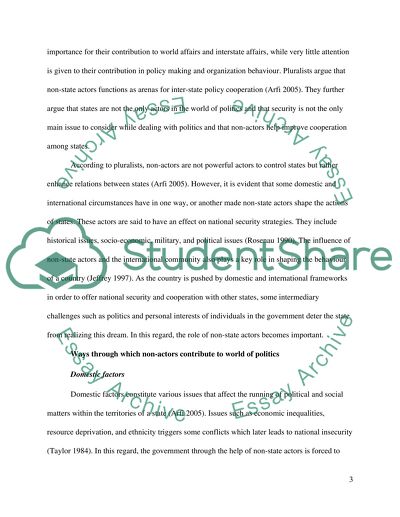Cite this document
(“The Role of Non-State Actors in World Politics Essay”, n.d.)
Retrieved from https://studentshare.org/history/1441004-how-do-pluralists-and-structuralists-view-the-role
Retrieved from https://studentshare.org/history/1441004-how-do-pluralists-and-structuralists-view-the-role
(The Role of Non-State Actors in World Politics Essay)
https://studentshare.org/history/1441004-how-do-pluralists-and-structuralists-view-the-role.
https://studentshare.org/history/1441004-how-do-pluralists-and-structuralists-view-the-role.
“The Role of Non-State Actors in World Politics Essay”, n.d. https://studentshare.org/history/1441004-how-do-pluralists-and-structuralists-view-the-role.


